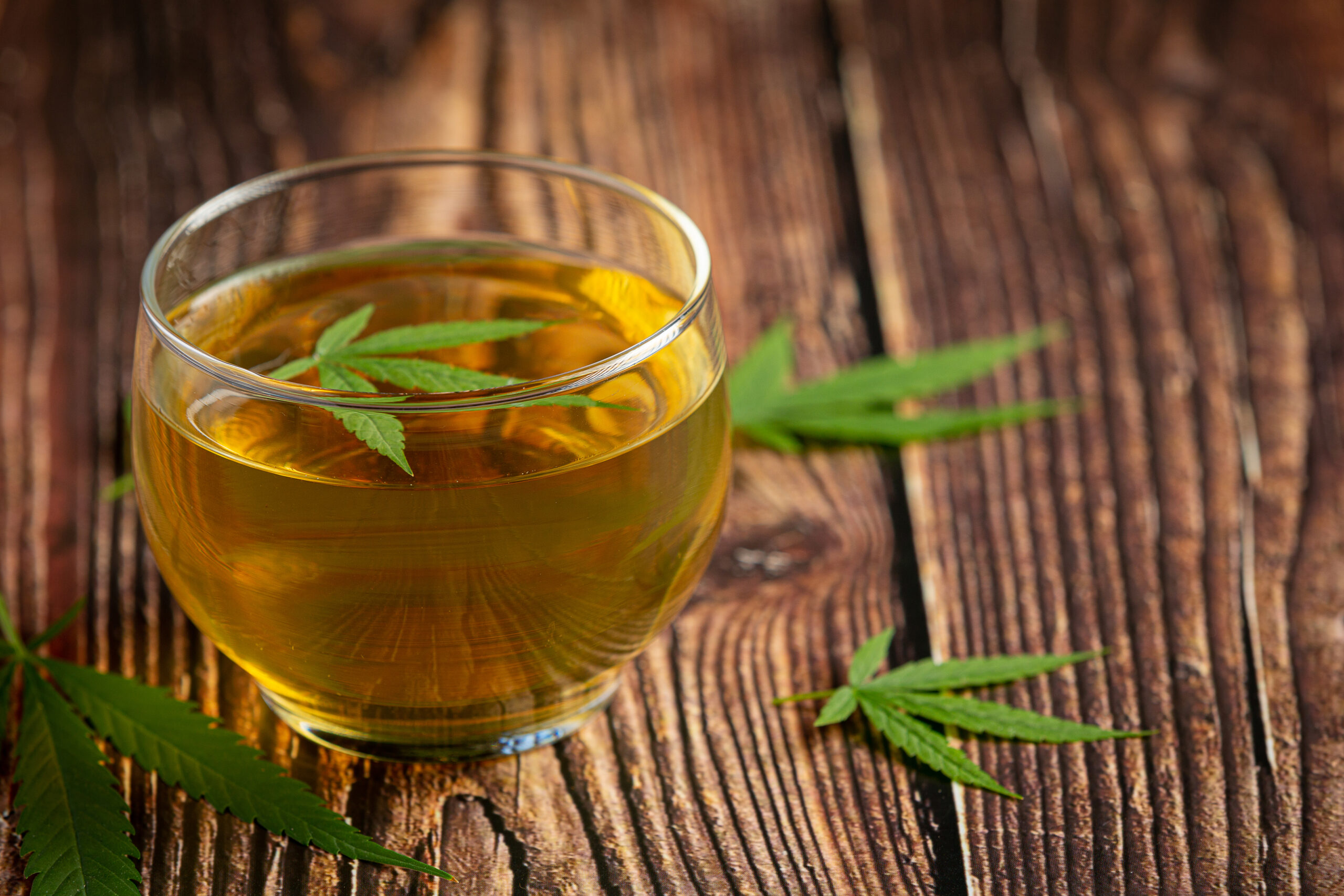When people talk about “burning fat,” they’re referring to fat oxidation the metabolic process where your body breaks down stored fat (lipids) into fatty acids and uses them as fuel for energy.
According to Bethan Crouse, a performance nutritionist from Loughborough University, this process is essential for anyone aiming to lose weight or achieve body recomposition, which means losing fat while gaining lean muscle mass.
Fat oxidation naturally happens during daily activities and especially during low-to-moderate intensity exercise, such as brisk walking, slow jogging, or light cycling. However, as exercise intensity increases (think sprinting or heavy weightlifting), your body shifts to using carbohydrates as its main energy source.
In short: fat burning is real, but it’s tied heavily to how much energy your body needs, the type of exercise you’re doing, and your overall energy balance (calories consumed vs. calories burned).
Does Green Tea Burn Fat?
Now, where does green tea come into this story?
Green tea contains caffeine, a natural stimulant that is also found in coffee, chocolate, and many energy drinks. Caffeine stimulates the sympathetic nervous system triggering the “fight or flight” response which increases levels of hormones like adrenaline and noradrenaline. These hormones help to mobilize fat stores, encouraging your body to release fatty acids into the bloodstream to be burned for energy.
Some research has indeed shown that caffeine can increase fat oxidation slightly. However, Bethan Crouse points out that these effects are relatively small, and the overall quality of the research is mixed.
In short: Yes, green tea can boost fat burning a tiny bit because of its caffeine content but it’s nowhere near enough to drive meaningful fat loss on its own.
Why You Shouldn’t Rely on Green Tea for Weight Loss
Even if green tea and its caffeine content do slightly boost fat oxidation, there’s a major catch: energy balance still rules everything.
If you’re consuming more calories than you’re burning what’s known as an energy surplus you will not lose weight, no matter how much green tea you drink or how much fat oxidation is happening in your muscles.
Crouse emphasizes this important point:
“You can absolutely burn fatty acids instead of carbohydrates, but still not lose body mass.”
This means that you could be oxidizing fat for fuel during exercise, but if you’re overeating the rest of the day, you’ll store that excess energy as fat anyway.
Therefore, relying on green tea or any so-called “superfood” to change your body composition is ineffective without managing your overall calorie intake and physical activity.
The Bigger Problem: Diet Myths and Misleading Marketing
Green tea has been hyped up thanks to clever marketing by supplement companies and influencers eager to promote “fat-burning teas,” detoxes, and quick-fix solutions. But science tells a much more straightforward (and less glamorous) story.
Bethan Crouse warns against falling for marketing claims around superfoods or supplements:
“There are a lot of big, bold claims out there.”
Many products suggest you can drink a tea, take a pill, or eat a “miracle food” and lose weight effortlessly. These claims often prey on people’s desire for easy solutions, but they usually don’t hold up under scientific scrutiny.
What Actually Works for Fat Loss?
If your goal is to lose fat sustainably, here’s what actually works according to nutrition experts:
1. Increase Physical Activity
- Engage in regular exercise that includes a mix of cardiovascular workouts (walking, running, cycling) and resistance training (lifting weights, bodyweight exercises).
- Low-to-moderate intensity cardio, where fat oxidation is higher, can be particularly beneficial when combined with strength training.
2. Create a Moderate Caloric Deficit
- You don’t need to starve yourself, but you do need to consume slightly fewer calories than your body burns.
- Aim for a modest caloric deficit (about 300–500 calories less per day) to promote sustainable fat loss without extreme hunger or energy crashes.
3. Focus on High-Quality Nutrition
- Prioritize whole, nutrient-dense foods: vegetables, lean proteins, healthy fats, whole grains, and fruits.
- Limit processed foods high in sugar, refined carbs, and unhealthy fats, which can make it harder to manage your calorie intake.
4. Be Consistent
- Fat loss is not an overnight process. It requires weeks to months of consistent effort.
- Track your progress, adjust as needed, but stay patient and persistent.
5. Get Enough Sleep and Manage Stress
- Chronic sleep deprivation and stress can negatively impact hormones involved in hunger and fat storage (like cortisol and ghrelin).
- Prioritize at least 7–9 hours of sleep per night and use stress management techniques like mindfulness, deep breathing, or gentle exercise.
Final Verdict: Is Green Tea Worth Drinking?
Yes, green tea is healthy!
It’s rich in antioxidants called catechins, supports heart health, and can be a good low-calorie beverage option compared to sugary drinks.
However, if you’re drinking green tea solely in the hope of melting fat off your body, you’re going to be disappointed.
At best, green tea can provide a tiny boost to your fat-burning efforts but it’s not a substitute for proper diet, exercise, and lifestyle changes.
Drink green tea because you enjoy it and for its health benefits not because you expect it to transform your physique.
Key Takeaways
- Fat burning = fat oxidation = using fat for fuel.
- Green tea contains caffeine, which may slightly boost fat oxidation, but not enough to drive real fat loss.
- Energy balance (calories in vs. calories out) is the ultimate factor that determines weight loss.
- Sustainable fat loss requires a combination of exercise, moderate calorie control, good nutrition, and consistent habits not quick fixes.
- Green tea is healthy, but not a magic fat-burning drink.


